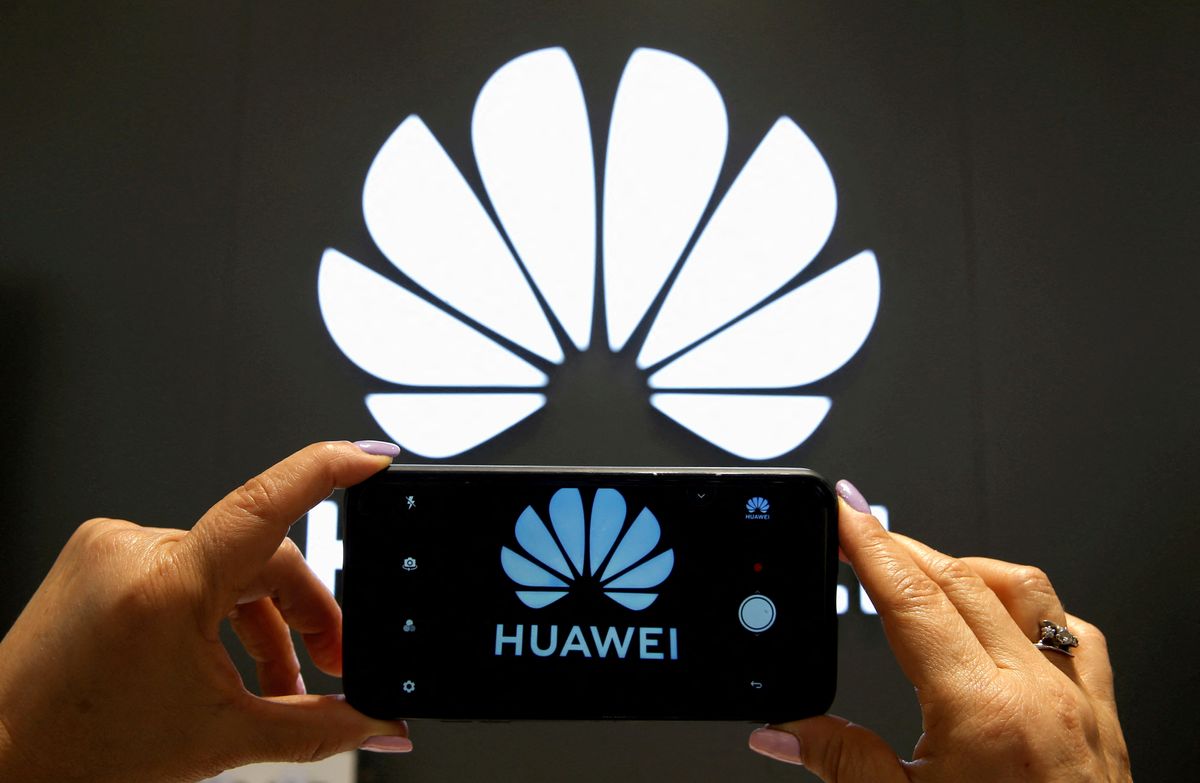Huawei plans a comeback in the 5G smartphone industry
Huawei is now reportedly preparing for a major comeback in the 5G smartphone industry by the end of this year.

A few minutes every morning is all you need.
Stay up to date on the world's Headlines and Human Stories. It's fun, it's factual, it's fluff-free.
The backstory: The US has been tightening restrictions on Chinese tech, especially when it comes to telecommunications and US networks. In 2019, the US Department of Justice charged Huawei's CFO, Meng Wanzhou, with stealing trade secrets. That was just the beginning – it also banned government agencies from buying Huawei products that year. On top of that, Western nations have raised concerns about Huawei's potential threat to national security. These restrictions, alongside ongoing chip export curbs to Chinese companies, have cut the company’s access to the chips it needs for its more advanced products.
In 2020, the EU rolled out a "5G cybersecurity toolbox" to assess the risks tied to different 5G infrastructure providers. That led to the UK banning Huawei's equipment. Last year, US regulators also officially banned the sale of all electronics made by Huawei and ZTE, saying they posed an "unacceptable risk" to national security.
More recently: In March, Huawei announced breakthroughs in electronic design automation (EDA) tools for chips produced at and above 14-nanometre technology. This basically means it can start designing its own chips, getting around those US sanctions that have been causing all these problems.
The development: Huawei is now reportedly preparing for a major comeback in the 5G smartphone industry by the end of this year. To do this, Huawei is looking to produce those 5G chips locally and collaborate with Semiconductor Manufacturing International Co (SMIC). Some experts estimated that Huawei might ship around 2-4 million 5G units, while others are more optimistic, believing the company could reach up to 10 million units.
The company also plans to release 5G versions of its popular models, such as the P60, later this year. But because of US restrictions, Huawei can’t use Google's Android system or developer services that are really important for most Android apps, so those devices probably won’t be that popular outside of China.
Key comments:
"2022 is the year that we pulled ourselves out of crisis mode. We're back to business as normal," said Huawei CFO Meng Wanzhou.
"As an economic operator in the EU, Huawei holds procedural and substantial rights and should be protected under the EU and Member States' laws as well as their international commitments," said a Huawei spokesperson.
“We will ask our connectivity services to tell suppliers to be free from Huawei and ZTE and this applies of course for new and existing contracts,” said EU industry chief Thierry Breton about the EU’s decision to ban the companies from the bloc’s 5G networks.




Comments ()